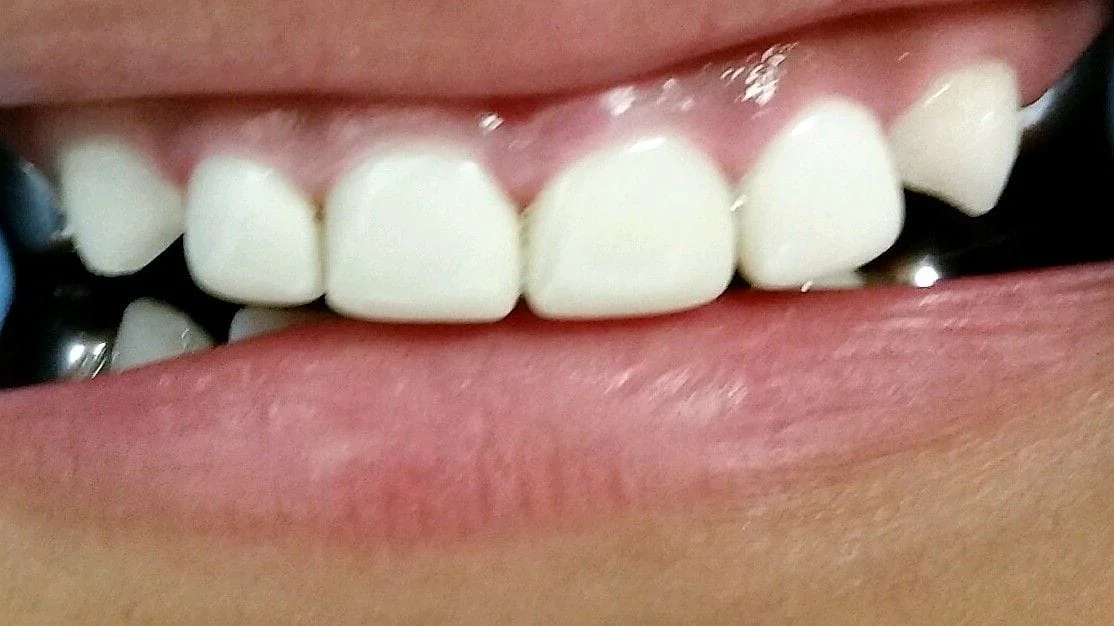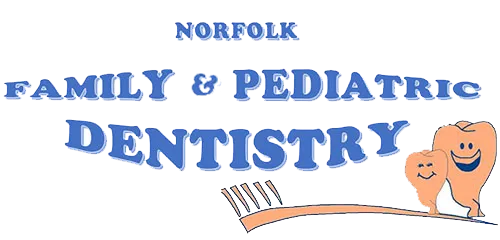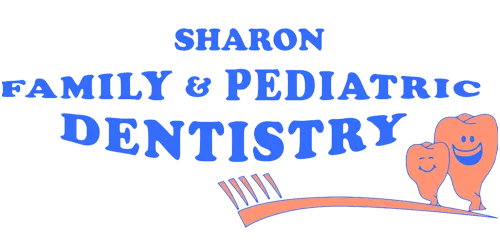It's never too early to get your child started on the path toward a lifetime of good oral health, and there are many services we provide to do exactly that. Monitoring your child's dental growth and development, and preventing and intercepting dental diseases along the way, is a primary focus of our practice. Your child's caries risk will be assessed, and we will work with you to build a plan to lower the risk. As your child gets older we will also evaluate the development of the teeth and relations of the jaws and recommend orthodontic treatment when needed.
Our Pediatric Dentistry services include:
Age One Dental Visit
According to the American Academy of Pediatric Dentistry, a child's first checkup should occur by age 1. At this important visit, we will check the baby teeth for early cavities, show you how to care for a young child's mouth properly, go over your child's developmental milestones, and discuss the importance of good oral hygiene and habits.
Braces
Many kids may need to have their teeth realigned. At our office, we can help your child to straighten their teeth with braces. Click here to learn more!
Fillings
Fillings are used to seal a small hole (cavity) in your tooth that is caused by decay. This simple, painless procedure prevents decay bacteria from spreading further into your tooth, and possibly infecting the root canal . Both metal fillings and tooth-colored fillings are available.
Sealants
Dental sealants are invisible plastic resin coatings that smooth out the chewing surfaces of the back teeth — the place where your child is most likely to get tooth decay. A sealed tooth is far less likely to develop a cavity, which could require expensive dental treatment and cause your child pain.
Treating Specially Challenged Children
Proper dental care is just as important for children with special needs as it is for any child. Yet it's sometimes more difficult for kids with special needs to get optimal care. We specialize in treating children with complex medical and /or developmental issues including, Down Syndrome, Autism, CP, Cardiovascular problems, Autoimmune diseases and various syndromes. We can help, with appropriate procedures and extra personal attention in the office.
Bonding
Cosmetic bonding uses tooth-colored materials to replace missing tooth structure or hide minor defects like chips, discoloration, or irregular spacing. It's a great option for children and teens, who often need to wait for their teeth to mature before choosing a more permanent restoration.
Crowns
Crowns are coverings placed over damaged teeth to strengthen them, and allow them to look and function normally again. Metal crowns are sometimes recommended as a temporary solution for damaged baby teeth, until the permanent teeth come in. There is also an option of Zirconia (tooth colored) crowns for both front and back primary teeth, they are a more esthetic solution than metal crowns.


Fluoride Treatments
Fluoridated water has been called one of the most significant health achievements of the 20th century — but not every child gets enough fluoride. That's one reason why a topical fluoride supplement, applied here in the dental office, may be recommended for your child.
Interceptive Orthodontics
In interceptive orthodontics, children are treated at much earlier ages (usually between age 7-11 years old) to take advantage of continuing growth. Interceptive orthodontics allows for fewer teeth to be extracted and also allows for better end results. Usually, when interceptive orthodontics is performed there is usually more than one phase of treatment. Phase two will begin when all the permanent teeth are in place. Going through phases allows for the second phase to be shorter in duration, since the major corrections happened in the interceptive orthodontics phase. Sometimes interceptive orthodontics are needed to correct problems related to skeletal development, and sometimes it is needed as a direct result of oral habits.
Cases where interceptive orthodontics are used:
-Expansion of the upper jaw to eliminate a cross bite
-Expansion of one or both jaws to create space for overly crowded teeth
-Early removal of specific baby teeth to facilitate the proper eruption of permanent teeth
-Maintaining space for permanent teeth after the premature loss of a baby tooth
-Reducing the protrusion of upper incisors to decrease the likelihood of fracture from trauma
As part of your child’ s routine exam an orthodontic evaluation is preformed and if interceptive orthodontics is appropriate for your child it will be brought to your attention.
Space Maintainers
If your child loses a baby tooth prematurely, a “space maintainer” may be needed to hold the space open until the permanent tooth comes in to fill it. This appliance will help your child's bite develop properly — and hopefully avoid the need for braces later on. Space Maintainers can keep the space for one tooth or more, and will be designed to fit each case. They are usually removed once the permanent tooth erupts.
Mouthguards
Besides being painful, a child's sports-related dental injury can mean time lost from school and work, plus substantial cost. A properly fitted, comfortable mouthguard, worn at practice and games, can greatly reduce the likelihood of serious dental injury.
Sedation Dentistry
Sedation dentistry can be of great benefit to children and teenagers who would otherwise be anxious and fearful during dental treatment. With local anesthetics and sedative medications, it's possible for your child to have a dental experience that's free of anxiety and pain. Learn more about Sedation Dentistry.
Emergency Dental Treatment
If you have a life-threatening or severe injury, call 911 or go directly to the nearest hospital emergency room. We can treat a variety of traumatic dental injuries, including teeth that have been chipped, moved, or knocked out entirely. Trauma to permanent teeth should be seen as close to the traumatic event as possible to decrease the chance of complications. Correct diagnosis, efficient treatment and long term follow up may help reduce damage to the deciduous and permanent dentition from trauma. Please call our office for assistance, and we will make sure you are seen that day. It is important to have baby teeth that have had trauma checked out to ensure there is no damage to the permanent teeth
Lasers
There are many different lasers that can be used in Dentistry. Some are for the teeth, others are for the soft tissue and gums. There are different uses for the different types of laser.
There are a few advantages to using a soft tissue laser. Local anesthetic may be used although there is less pain during and after the procedure compared to conventional surgery. There is virtually no bleeding, no risk of infection and the healing period can be a short as 3 days. Most procedures are quick as well.
Read more about Lasers
If you are interested in our Pediatric Dentist, call Norfolk Family & Pediatric Dentistry
today at (508) 850-6992 for an appointment! For Sharon Family & Pediatric Dentistry call (781)







